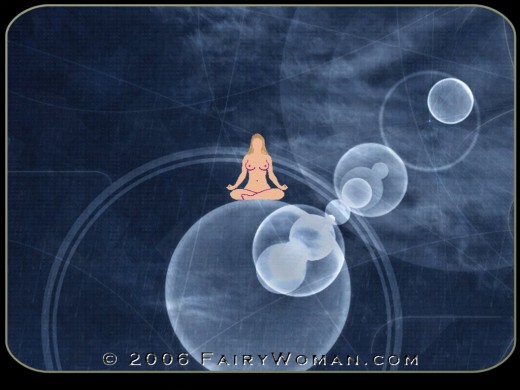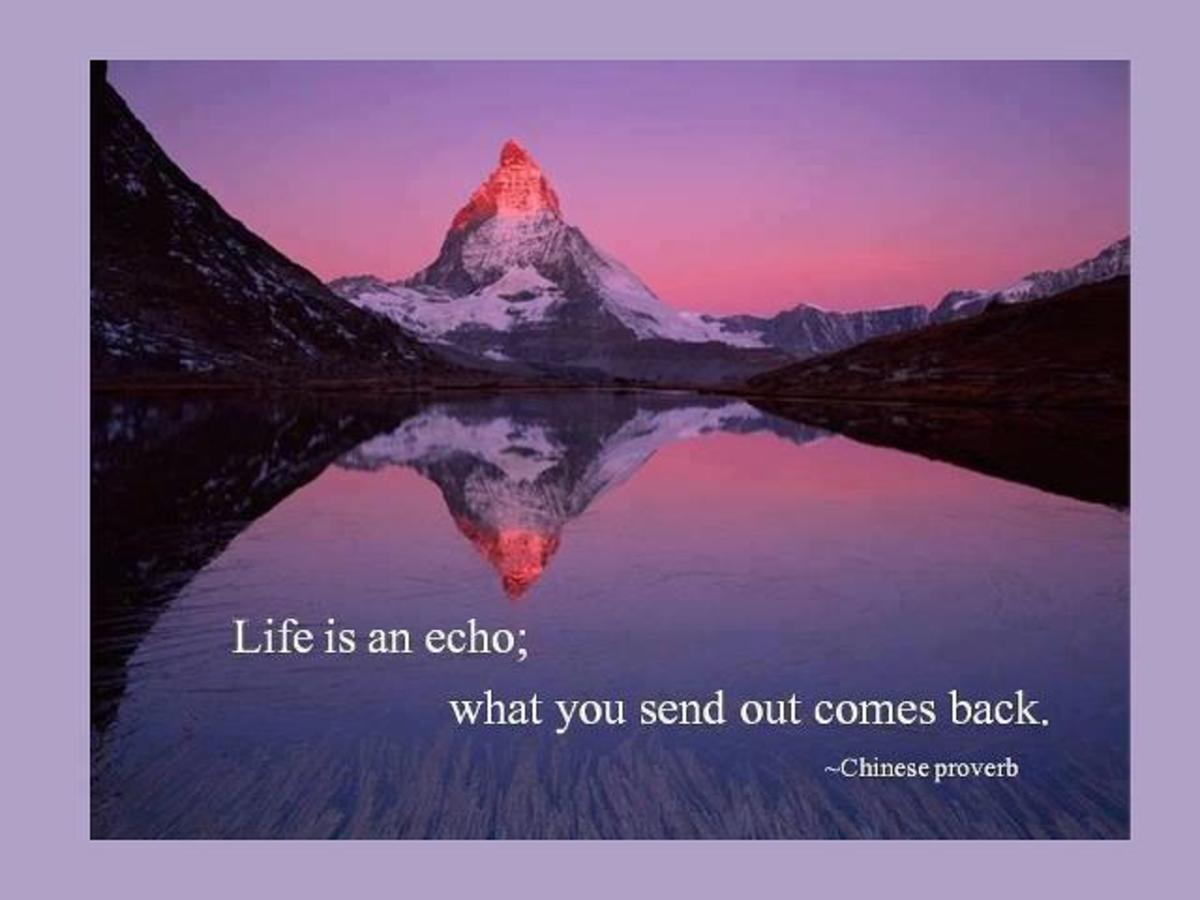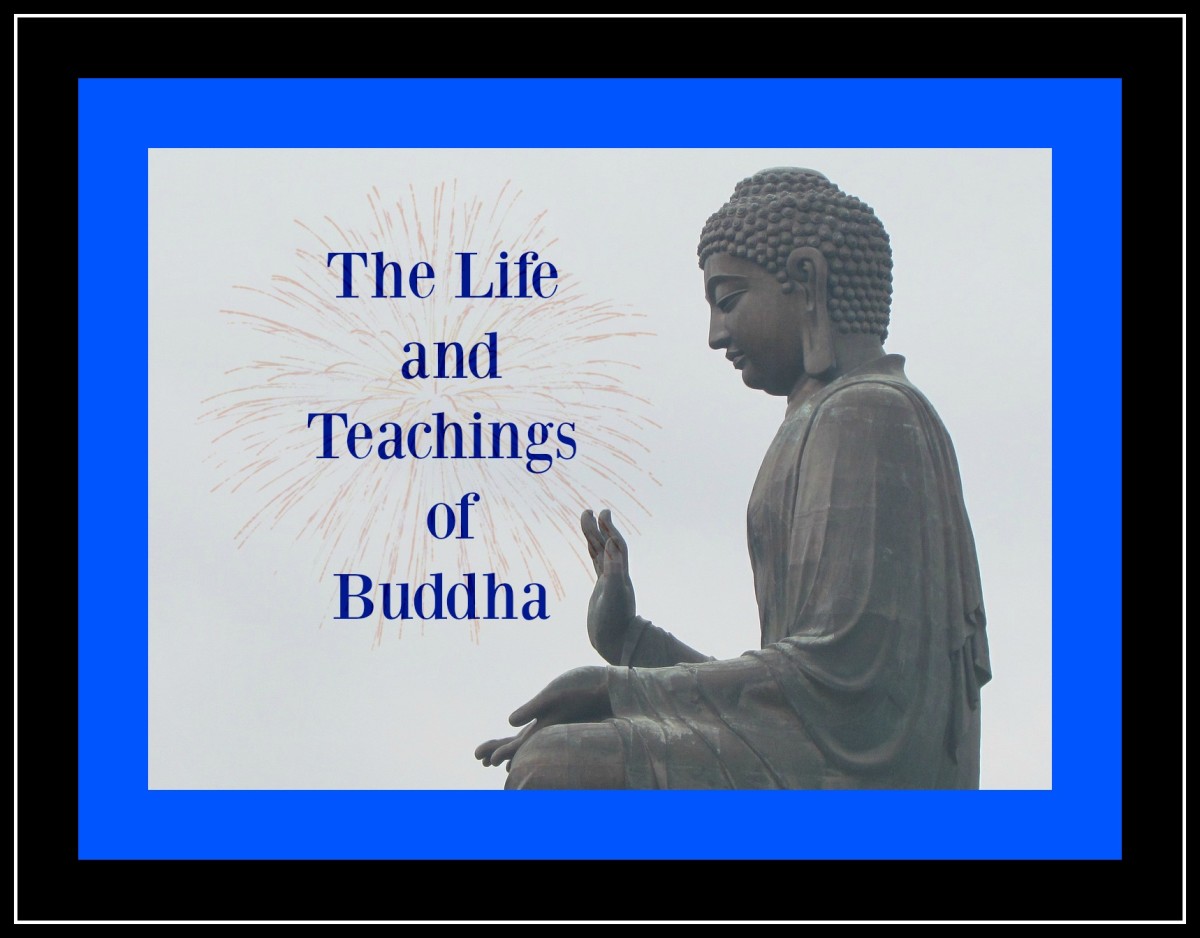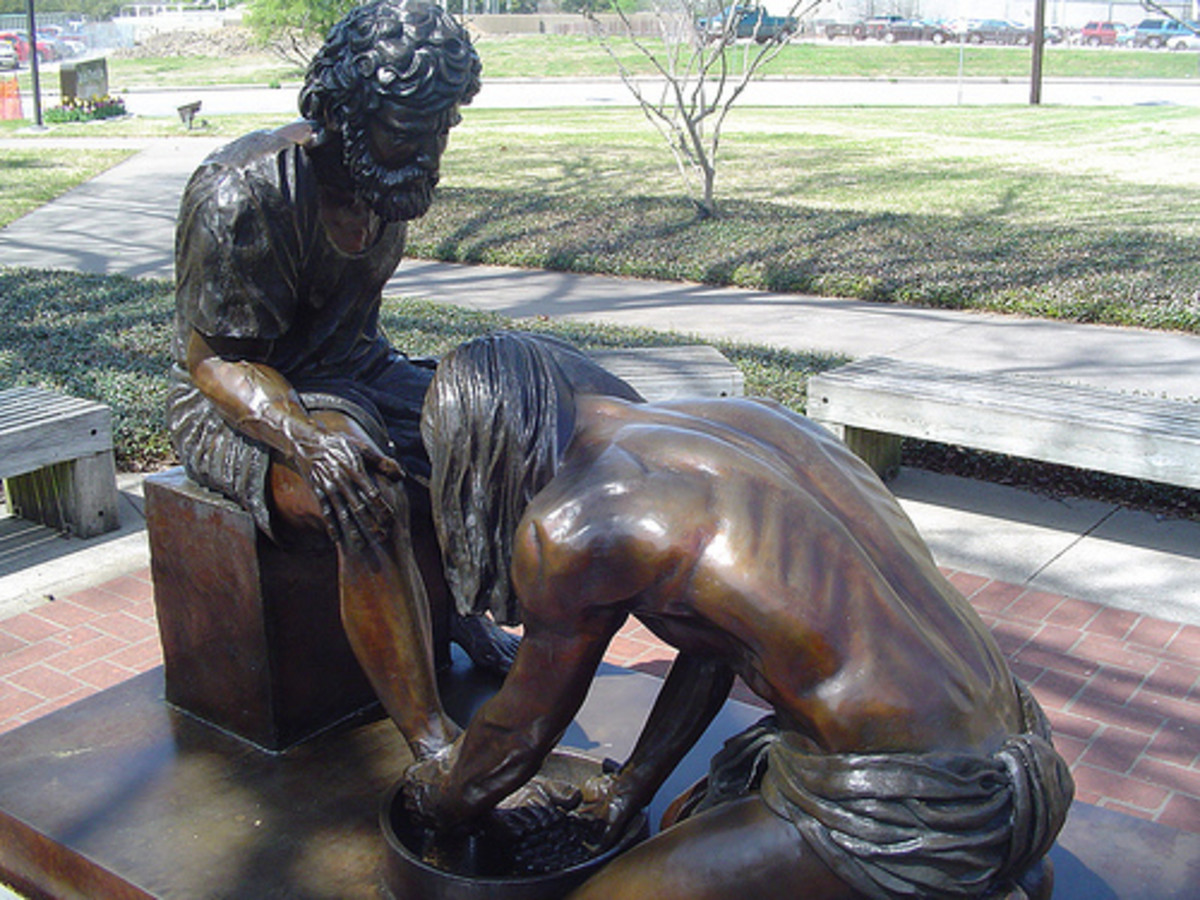The Road to Becoming a Warrior Part 2

Since there was a very good response to the first hub I did on this subject I decided to make it a series.
Enlightenment is a word that evokes mystery and secret knowledge. But truth be told there is no secret knowledge. The world is laid out in front of you on a silver platter. All you have to do is recognize the patterns of existence and understand them.
What exactly is enlightenment? Becoming a warrior in the Toltec or shamanistic traditions means to be at peace with yourself. To fight against the parasites that stop you from being impeccable. Almost all spiritual traditions are about self fulfillment, self realization and finding inner peace. It is an end to suffering. It is being aware of the moment. It is knowing yourself.
For some it is knowing or understanding all. But that is not what it sounds like. The enlightened person feels a sense of knowing and understanding often without being able to intellectualize that understanding. Each religion or philosophy usually includes a moral code or code of ethics that help archive enlightenment. There are often steps to take that start you on your way or are the foundation of the method used to enlighten yourself. Enlightenment is something you must accomplish on your own. No one can do it for you.
What you will notice is that the steps to enlightenment are common knowledge and part of all of our traditional values. There is nothing magical or mystical about them. “Be true to yourself” is one such saying Western culture espouses and can see the value of, but little do we know what it implies. I mentioned, “Do your best” in the last article and showed how this simple common bit of advice is tied to enlightenment. Don’t lie, don’t steel, don’t cheat, don’t hate, don’t be greedy, etc, are all common every day cultural bits of advice that keep our society going smoothly if they are practiced, but they are all parts of the way to enlightenment,
But each one is essential to peace of mind. Buddha said: “You will not be punished for your anger, you will be punished by your anger.” Anger consumes the person who is angry. To be at peace with yourself anger must be resolved within you and eradicated. Yet is there no room for anger when you face injustice?
Buddhism is all about ending suffering. Suffering stems from desire or clinging to a certain idealism of selfhood or to things that we think of as the source of what would make us happy or what makes us unhappy. Suffering can only end when desires end. But is there no room for desire of any kind in our lives? Is there no positive side to it?
U. G Krishnamurti said: “All I can guarantee you is that as long as you are searching for happiness, you will remain unhappy.”
Much of the time enlightenment comes when you have stopped looking for it. When you desire it, it is out of reach. Why? Because the desire for it is what is hindering the arrival of your understanding.
Buddha said: “All that we are is the result of what we have thought. If a man speaks or acts with an evil thought, pain follows him. If a man speaks or acts with a pure thought, happiness follows him, like a shadow that never leaves him.”
Happiness’ is already there. It is a matter of being happy, not a matter of searching for it. But you cannot be happy if you are in pain or suffering. So suffering must be stopped. The Dali Lama tells us: “Happiness is not something readymade. It comes from your own actions.”
And those are the actions that the Warrior cultures and the enlightenment cultures and common folk wisdom tell us about.
Karma is just another word for cause and effect. Your actions in the Hindu culture cause either bad or good things to come your way. If you are a thief then you cause calamity for someone. Calamity will follow you. If you cause harm, you will place yourself in danger of harm. If you hate, your hate will eat you.
So all the laws of the Ten Commandments that deal with how we are to behave toward one another are telling us how to avoid suffering and to avoid causing it for others. To do that we have to master our own minds. In Buddhism this process is started with meditation.
The Gospel of Thomas tells us Jesus said: "Those who have found themselves, of them the world is not worthy.” To find one’s self is the quest of the seeker. But as with happiness, the more we search sometimes the harder we are to find. U.G tells us: “Whenever such a thing [enlightenment] happened, it happened to those people who had given up completely and totally all their search. That is an absolute requisite for that kind of a thing.” He goes on to say: “Unless you are free from the desire of all desires, Moksha, liberation, or self-realisation, you will be miserable.”
The only way for some to free of it, is to achieve it. It is not always a happy road and it is not always an easy road and it is often a lifelong road. And yet it is not a complicated road. It is a slow progression of tasks, each designed to improve ourselves and as we improve bring us closer to a state of understanding ourselves and the world, thus ending our own suffering.
Gurdjief said that there are three standard ways to enlightenment: The fakir tries to gain mastery of self through struggles with the body and difficult physical exercises. The monk tries to gain mastery of self through struggles with the heart or emotions through faith. The yogi tries to gain mastery of self through struggles with mental habits and ability. Though those are generalizations he proposed a fourth way that simultaneously worked from all three angles. (some types of Hinduism and Buddhism do this as well.) He emphasised that we live in a dream and we need to wake up. He suggests as part of the fourth way that we constantly perform what he called “conscious labours” and engage in “intentional suffering.”
But what does suffering teach? It teaches but one thing: how not to suffer. Suffering is a sign that something is wrong. We need to identify the wrong and right it. Often it is just a matter of understanding the situation, and the suffering ends. The problem with Gurdjief’s philosophy is that it is not widely understood and therefore detailed information as to what he meant by much of what he said was lost with him.
We also get confused messages. The Tao tells us to give up any notion of wealth as a way to end our suffering and yet in Hinduism wealth is not a restriction to enlightenment. But you must prosper while adhering to strict moral codes in line with good karma.
Janism gives us a simple formula: Having the right view, the right knowledge and the right behaviour lead to enlightenment. Again we have a three pronged approach: perception, knowledge and behaviour are all part of what we have to work on in our efforts to become warriors. Again, desires are targeted as the reason for our suffering.
Is desire bad? No. Not in and of itself. It can be good to a point. The desire to become enlightened leads you to the path of enlightenment. The desire to see change in yourself leads to change, So desire is not bad. The problem with it is that you achieve nothing with desire. You achieve by doing. So desire is a double edged sword. The desire to help others will never be resolved unless you help others. Believe it or not, often your desire to help gets in the way of helping.
Desire becomes need, and needs demand fulfilment. If you desire a Bentley even if you can never afford one, you will never be able to fulfill your desire and you will suffer. You may need a form of transportation to go about your day. But you don’t need a Rolls Royce. You have to change your perception if you want to be able fulfil your actual need rather than your desire. Like the Rolling Stones said: “You can’t always get what you want, but you (can) get what you need. “
End part 2









